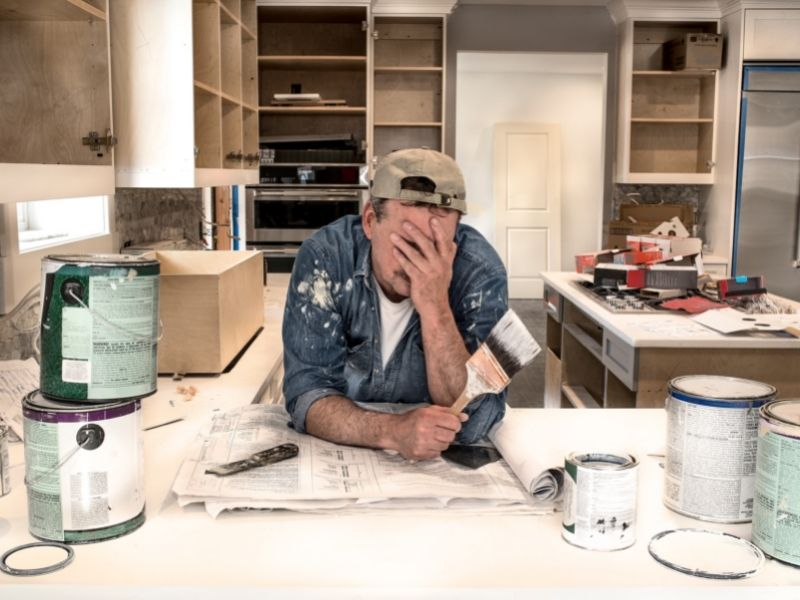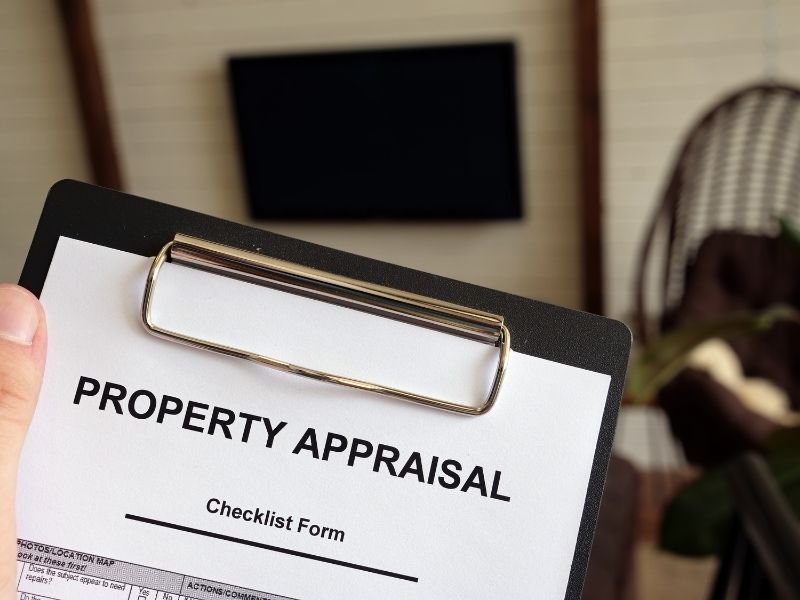A fixer upper can be any house in need of some renovation work, but how do you know if the one you are planning to buy is worth the cost? That is precisely what this post is going to help you with.
Is Your Fixer Upper Worth the Cost of Renovation? 6 Determining Factors!

1. Calculate the Disclosed Expenses
Legally, every homeowner or their representative agent must disclose everything relevant about their property’s condition to the buyer, prior to going through with the sale. Most follow the rules at least to some extent, and those disclosures are your primary expenses for the fixer upper, aside from the purchasing price of course. However, what is deemed as relevant will vary a bit from state to state.
2. Add the Hidden Costs
Hidden costs can include any expense that can’t be seen without a thorough inspection and isn’t disclosed by the seller or the agent. This could be anything from roof damage and moldy walls, to leaky pipes and messy electrical wiring systems.
To get a better understanding, consider these “hidden costs” if you’re considering purchasing a “fixer upper”, as detailed by Kerby & Cristina in one of their recent posts. Add the hidden costs to your estimates, and then you have a good estimate of your total expenses. Again those total expenses include the price of the property plus renovation expenses.
3. Get the Property Appraised

Appraisal is when a real estate expert estimates the property’s current value on the market. An appraisal report provides you with gross estimates of the properties selling value. The estimate will help determine following:
- If the seller’s asking price is adequate, too high, or too low.
- The selling value of the house after renovation.
- Your scope of negotiation.
4. Negotiate
Most sellers hike the price up because they know that people buying old houses in need of repairs will negotiate. However, once you have the following facts, negotiating should be easy when they have the following information:
- The market value appraisal of the property.
- The property inspection report showing the total renovation expenses.
5. Should You Buy the Fixer Upper?
Unless you negotiate a profitable deal, buying an old property in need of heavy repairs is a bad idea. In simple terms, the appraisal estimate value should be higher than your total expense, which includes the purchase price and renovations costs. If the seller presents a lucrative deal where the profit margin seems high, that’s when you know that you are looking at a real deal.
Don’t forget to do a background check on the property as well. If it had been a scene of violent crime, suicide, drug operations, or unnatural deaths, the seller must provide a disclosure. In case there is no disclosure, that is either a chance to lower the price significantly, or a sign that you should avoid it altogether.
In conclusion
We hope these tips make your next renovation purchase a smooth and successful experience. If you have any questions or suggestions, we always love to hear from you in the comments below. Also below are links to more fantastic articles about ALL things DESIGN for your home or business.
Images Courtesy of Canva.
Other Posts You Might Enjoy:
Top Myths: What Not to Believe When Selling your Home
Stocks or Real Estate: What Performs Better





